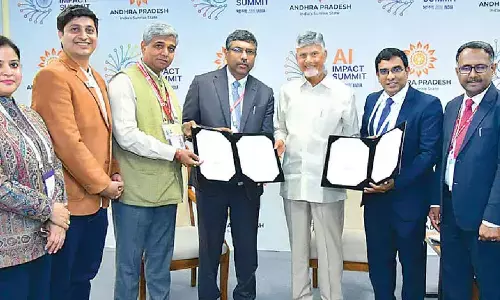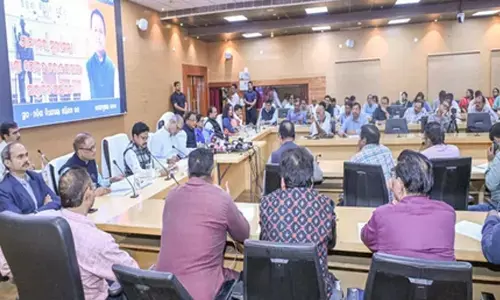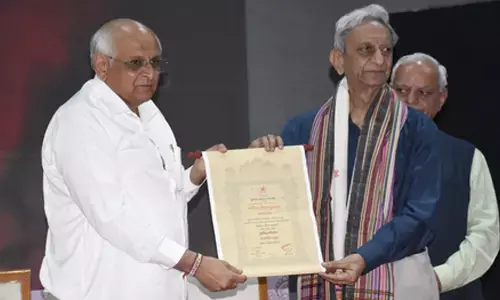Epidemiology, Epidemiological, Epistemology

Tanpinar presciently feared that to embrace the Western conception of progress was to be mentally enslaved by a whole new epistemology, one that compartmentalised knowledge and concealed instrumental view of human beings as no more than things to be manipulated.” –Pankaj Mishra
Tanpinar presciently feared that to embrace the Western conception of progress was to be mentally enslaved by a whole new epistemology, one that compartmentalised knowledge and concealed instrumental view of human beings as no more than things to be manipulated.” –Pankaj Mishra
Epidemiology is study and analysis of effects of health and disease on peoplein a defined population; systematic and scientific study of the distribution ad determinants such as causes and risk factors of health-related issues and occurrences in a particular area of a country or country or continent.
Epidemiology is the source of policy formulation and those involved in public health. Health scientists study epidemiology and practice epidemiology.
British Medical Journal defines epidemiology as the study of how often diseases occur in different groups of people and why; the epidemiological information is used to plan and evaluate strategies to prevent illness and as a guide to the management of patients in whom disease has already developed.
Epidemiology comes from three Greek words of ‘epi’, ‘demos’ and ‘logos’: epi means upon, among; demos means people, district and logos means study or discourse. Epidemiology is the study of what is upon the people or among the people.
The Greek philosopher Hippocrates, the father of medicine, probed the relationship between sickness in people and the environment. He also coined epidemic and endemic.
In order to understand the diseases among people, epidemiologists use research designs such as observations, experiments and informatics. They try to find out the relationships involved in mortality and morbidity.
Epidemiologists study and investigate public health problems such foodborne diseases, rise of homicides in a community, increase of domestic violence, environmental exposures to lead and air pollutants, to identify the exposure that causes diseases among people and other health-related outcomes.
Epidemiological approach is selecting a health problem and exploring it in detail involving analysis, and description of data.
World Health Organization (WHO) uses epidemiological investigations such as surveillance and descriptive studies to study health related states or events or diseases.
Epistemology is a branch of philosophy dealing with the theory of knowledge: the nature of knowledge, problems of scepticism, sources and scope of knowledge and justified belief, and criteria for knowledge and justification.
Epistemology was coined by Scottish philosopher James Frederick Ferrier in 1854 but some attribute it to the King James VI of Scotland who personified his philosophy in 1591 in a character called ‘Epistemon’.
Epistemology comes from the Greek words: episteme means knowledge and logos means discourse. Epistemology is the study of knowledge, the sufficient conditions for knowledge, sources of knowledge, and about beliefs, about justified beliefs…











